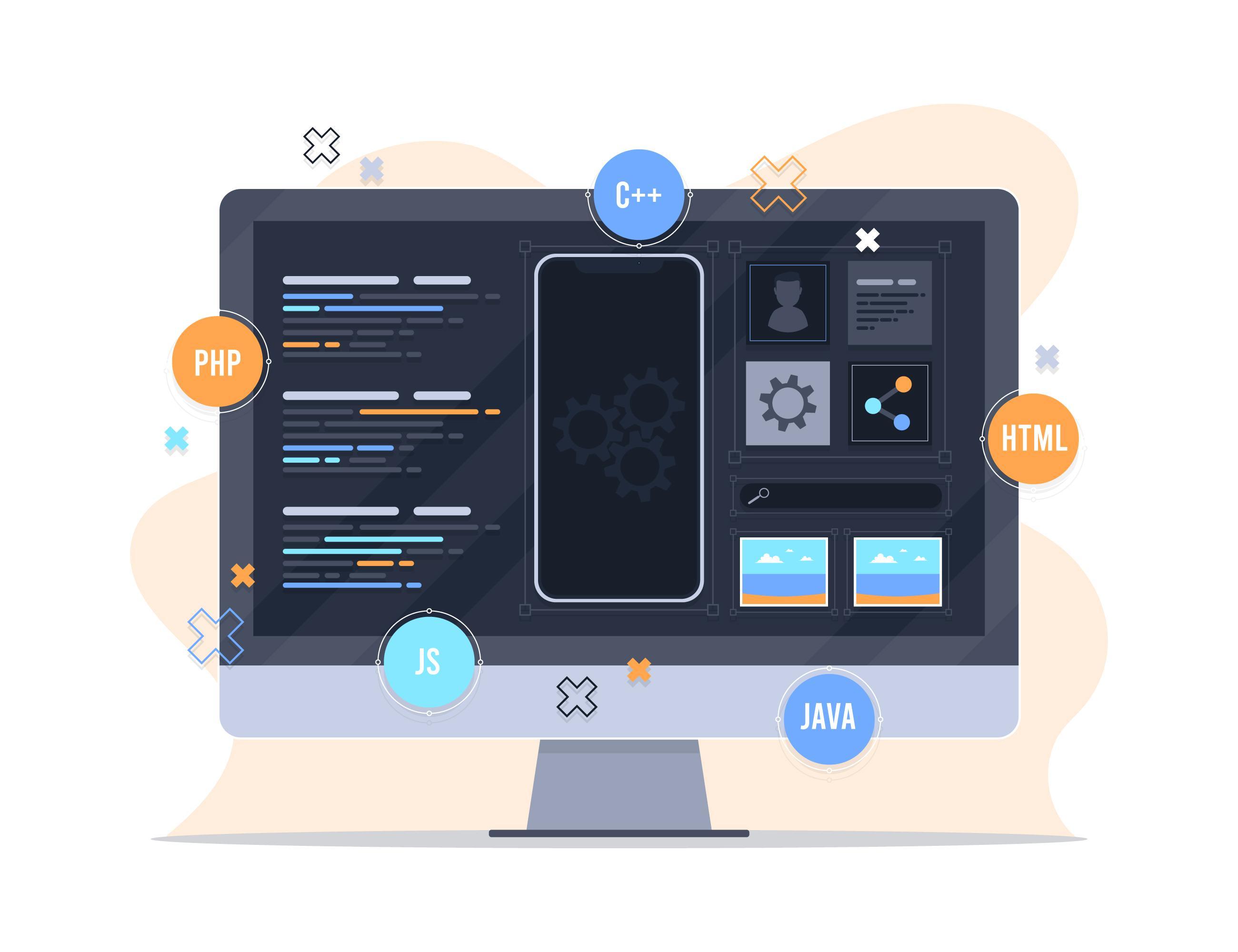
In today’s business landscape, efficient financial transactions and order management are crucial for success. Integrating an Enterprise Resource Planning (ERP) system with electronic payment systems helps companies streamline workflows, reduce errors, and increase operational efficiency. This article explores how ERP systems can be integrated with electronic payment systems and the key benefits this integration offers businesses.
An Enterprise Resource Planning (ERP) system is an integrated solution that manages all aspects of a business, including finance, procurement, inventory management, and human resources. It aims to improve information flow between various departments, enhancing operational efficiency.
Electronic payment systems facilitate online financial transactions, allowing customers to make payments quickly and easily.
Before starting the integration process, clearly outline your goals, such as:
Select electronic payment systems that are compatible with your ERP system. Ensure that the systems align technologically and support seamless integration.
Use APIs to facilitate communication between the ERP system and electronic payment systems. APIs enable smooth data exchange, simplifying the integration process.
Perform comprehensive testing before launching the integration to ensure all processes run smoothly. Verify that transactions are processed correctly and data flows seamlessly between the systems.
Integration automates financial processes, reducing processing time and improving financial data accuracy.
ERP systems can track orders from start to finish, simplifying inventory management and improving service levels.
Financial data integration with ERP reporting features provides businesses with accurate insights into financial performance and sales metrics.
Reliable and seamless electronic payment systems make purchasing easier for customers, increasing satisfaction and brand loyalty.
Integration costs can be high, especially if the system requires customization to meet specific needs.
Teams need training to use the new systems effectively, which can require significant time and effort.
Some companies may face compatibility issues between different systems, necessitating advanced technology to ensure smooth integration.
Integrating an Enterprise Resource Planning (ERP) system with electronic payment systems is a strategic step toward improving financial transaction efficiency and order management. By streamlining the flow of information between the two systems, businesses can enhance performance, reduce errors, and improve customer experience. While integration may present challenges such as costs and technical compatibility, the potential benefits make it a worthwhile investment.
Your email address will not be published. Required fields are marked *